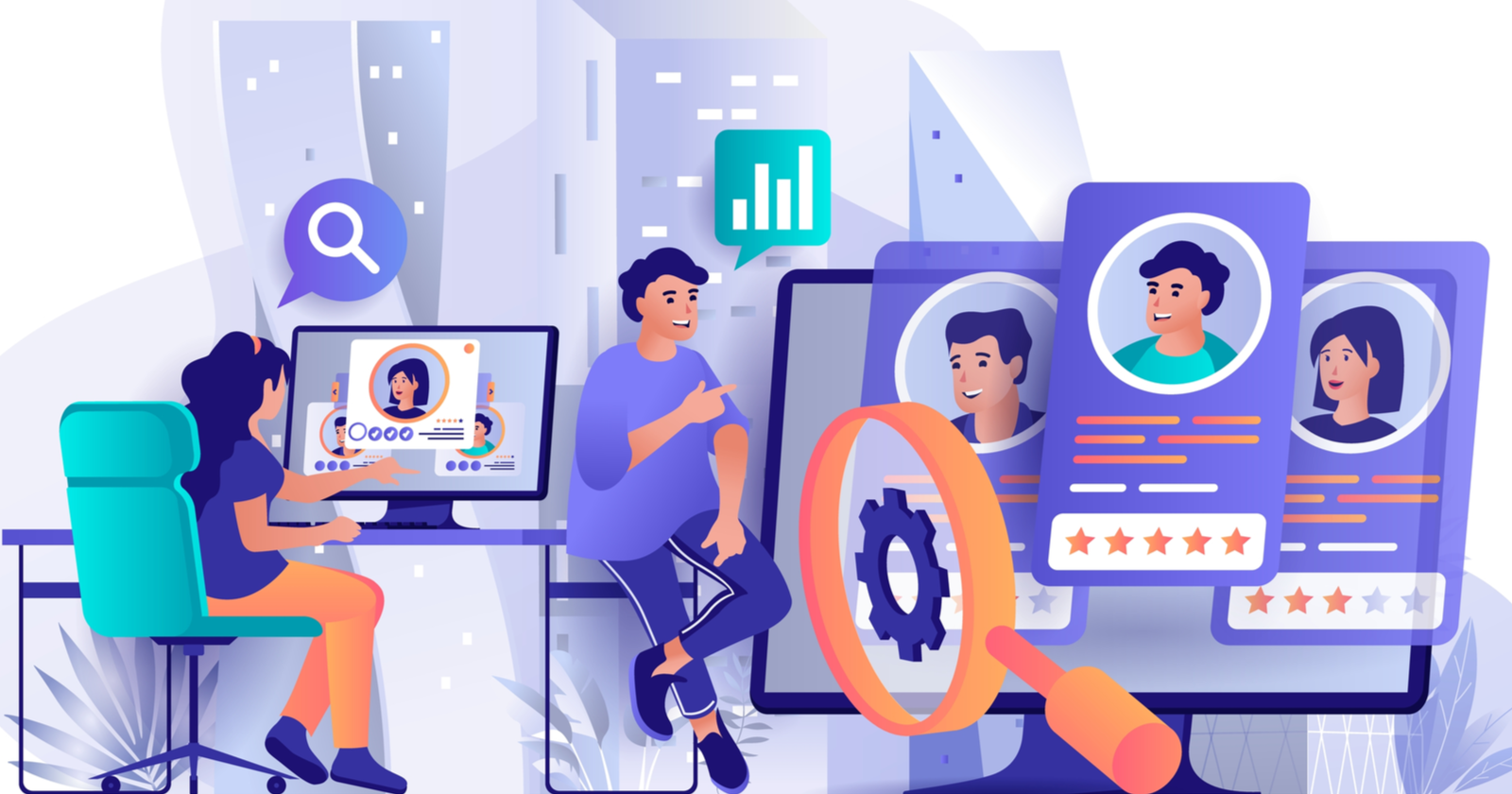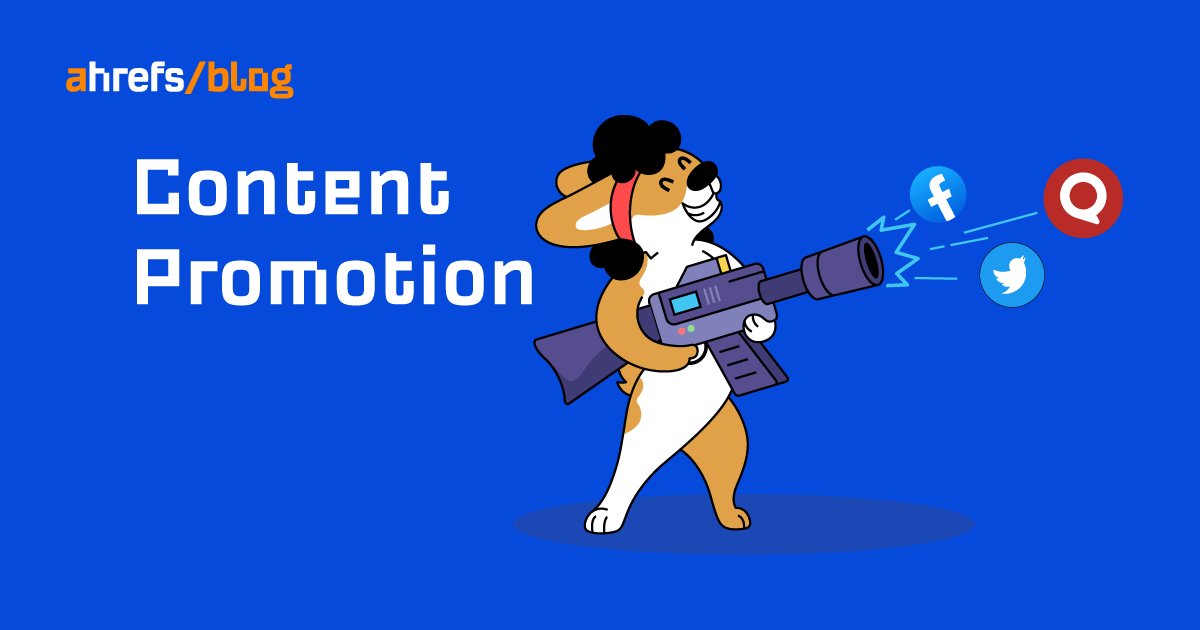WordPress Explores AI Integration via @sejournal, @martinibuster
WordPress opens discussion on possible roles for artificial intelligence The post WordPress Explores AI Integration appeared first on Search Engine Journal.

WordPress contributors are having a still ongoing discussion about how AI might fit into the WordPress ecosystem, whether in the core or as a plugin.
There are no plans at this point to add AI to the WordPress core, these discussions are just the starting point, turning on the light so to see what there’s, so to speak.
A few contributors stepped up to share their opinions and although the discussion is just starting, important points were made.
Plugin or Core Integration
One thing that was agreed on, at this point, is that integration of AI might be best accomplished through external plugins as opposed to hard coded into the WordPress core itself.
Matt Cromwell shared his concern that the current plans for WordPress are packed with projects that needed to be finished and that adding AI to that load might be distracting and pull efforts away from existing projects.
But he also agreed that talking about AI is a smart thing to do at this point.
He wrote:
“At what cost would the project chase an AI integration?
…I find it hard to imagine pursuing the current roadmap with excellence and stability AND adding a huge AI integration as well.
…being that all AI options currently require integration with a 3rd party system, some sort of pricing and authentication, this feels to me to clearly be plugin territory.
It’s a fun exercise to dream about what an AI-powered WordPress would look like, but at this infancy-stage of AI I think it’s better to let the plugin ecosystem do the innovating so that Core can focus on its more foundational features that need improving…”
Diagnostic AI Co-pilot
Ollie Jones offered a brilliant use of AI in the context of keeping a WordPress site running.
They suggested integrating AI as a diagnostic co-pilot that can identify a problem (presumably like a plugin conflict) and offer steps to take.
Ollie wrote:
“HERE’S the AI feature I want to see: Feed tracebacks and error messages to the AI, then say ‘Hey AI, what went wrong here? Suggest some ways to fix the problem.’
If this worked even minimally in the “what went wrong” question, WordPress people will love it.”
That’s a great idea. How cool would it be an AI could detect when two plugins contained a conflict with the potential to crash the site?
It would be useful if the AI could take steps to block the problematic code, keep the site running and send display a message about it.
If AI’s are assistants, then assisting with the daily publishing and development tasks seems like a useful application of the technology in a way that wouldn’t take away anybody’s job.
AI WordPress Team Member
Another person, robglidden, had a similar view of AI only this time as a user on a collaboration team.
The comment is a reference to Phase 3 of the four phase plan to modernize WordPress with Gutenberg.
WordPress is currently in phase two of four planned phases, phase three focuses on Collaboration.
Examples of Phase 3 focuses:
Real-time collaborationCreating the UI and infrastructure to accomodate multiple members of team customizing the website simultaneously. Asynchronous collaboration
The ability to share drafts, comments and annotations Publishing flows
This incorporates editorial features such as steps, goals, and prerequisites in the content creation and publishing workflow.
There are many other focuses for phase three which will begin later in 2023.
robglidden wrote:
“I would suggest looking at AI chatbots as (“just another”) user type in the upcoming Phase 3 of collaboration/workflow.
I for one want an AI chatbot on my multiuser collaboration team in a phase 3 WordPress.
In the multiuser collaborative workflows already described in ‘Phase 3 Collaboration’ it seems like basically the same infrastructure should work for both human users and AI ‘users’.
Indeed, it is not a huge stretch in reading that document to think of ‘users’, ‘collaborators’, and ‘creators’ as also being bot-ish users, assigned and performing tasks within a workflow…”
AI is Already Integrated With WordPress
An eye-opening contribution came from James LePage, founder of an AI SaaS company called CodeWP.
It’s a plugin that offers an AI Code Generator plugin specific for WordPress development.
According to the CodeWP website, the plugin can generate code specific for WordPress at the PHP level, JavaScript, and WooCommerce.
Although it promises to mitigate the need for expensive developers, it seems like a useful product for the developers themselves, to help make them more productive.
James LePage wrote:
“It seems like solid plugin territory to me; 1 – AI will always require compute, meaning 3rd party services, and I think that already moves it out of the core scope and 2 – we don’t really need anything special to integrate AI.
I’m the founder of one of the only AI SaaS offerings for WP, and we’re building a plugin to help integrate our service with individual sites.
We’re also collaborating with existing code snippet plugins.
There’s nothing that we really need from Core to help with this plugin, and we can add all of the features we need by leveraging existing features / functions.”
James raises an interesting point about AI integration with WordPress, in that integration is already here.
There are at least three SEO and one content optimization plugin that integrate AI:
All in One SEO (AIOSEO) Rank Math SEOPress WordLift WordPress PluginRankMath features an AI content assistant feature called, Content AI. Rank Math’s Content AI offers SEO-focused suggestions for improving content, including what headings to use.
SEOPress and AIOSEO both offer programmatic title element and description meta tag generation via an integration with OpenAI
All three AI integrations require a paid upgrade. They are examples of how AI is already integrating into the WordPress ecosystem.
Lastly, WordLift is a content optimization plugin that also integrates AI.
In a way, WordPress already contains AI integration, which shows the value of the third party plugin ecosystem which is able to innovate fast.
WordPress Keeping Up With AI
It’s encouraging to see WordPress discussing how to take advantage of technology to keep WordPress moving forward and prevent it from falling behind.
While this is just a conversation starter, many of the current innovations such as the WordPress Performance Team also began as conversations just like this.
What kinds of integration of AI into WordPress would you like to see?
Have thoughts? Share them at the official discussion WordPress:
Let’s talk: WordPress Core & Artificial Intelligence
Featured image by Shutterstock/Master1305

 AbJimroe
AbJimroe 






















![Are You Still Optimizing for Rankings? AI Search May Not Care. [Webinar] via @sejournal, @hethr_campbell](https://www.searchenginejournal.com/wp-content/uploads/2025/06/1-1-307.png)








